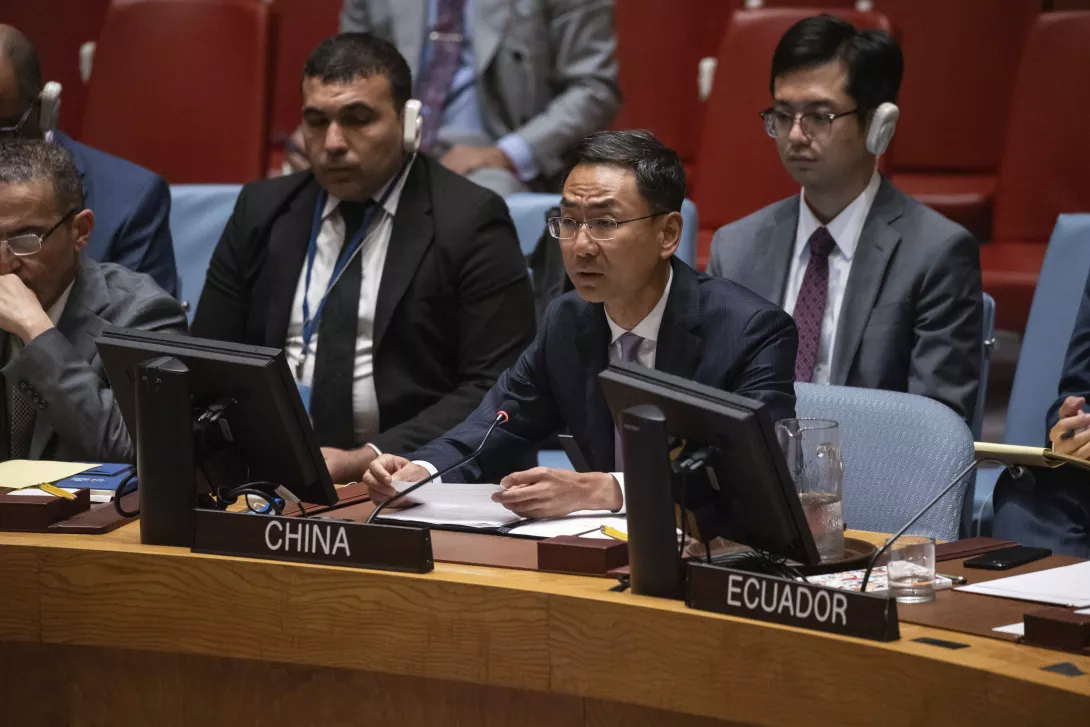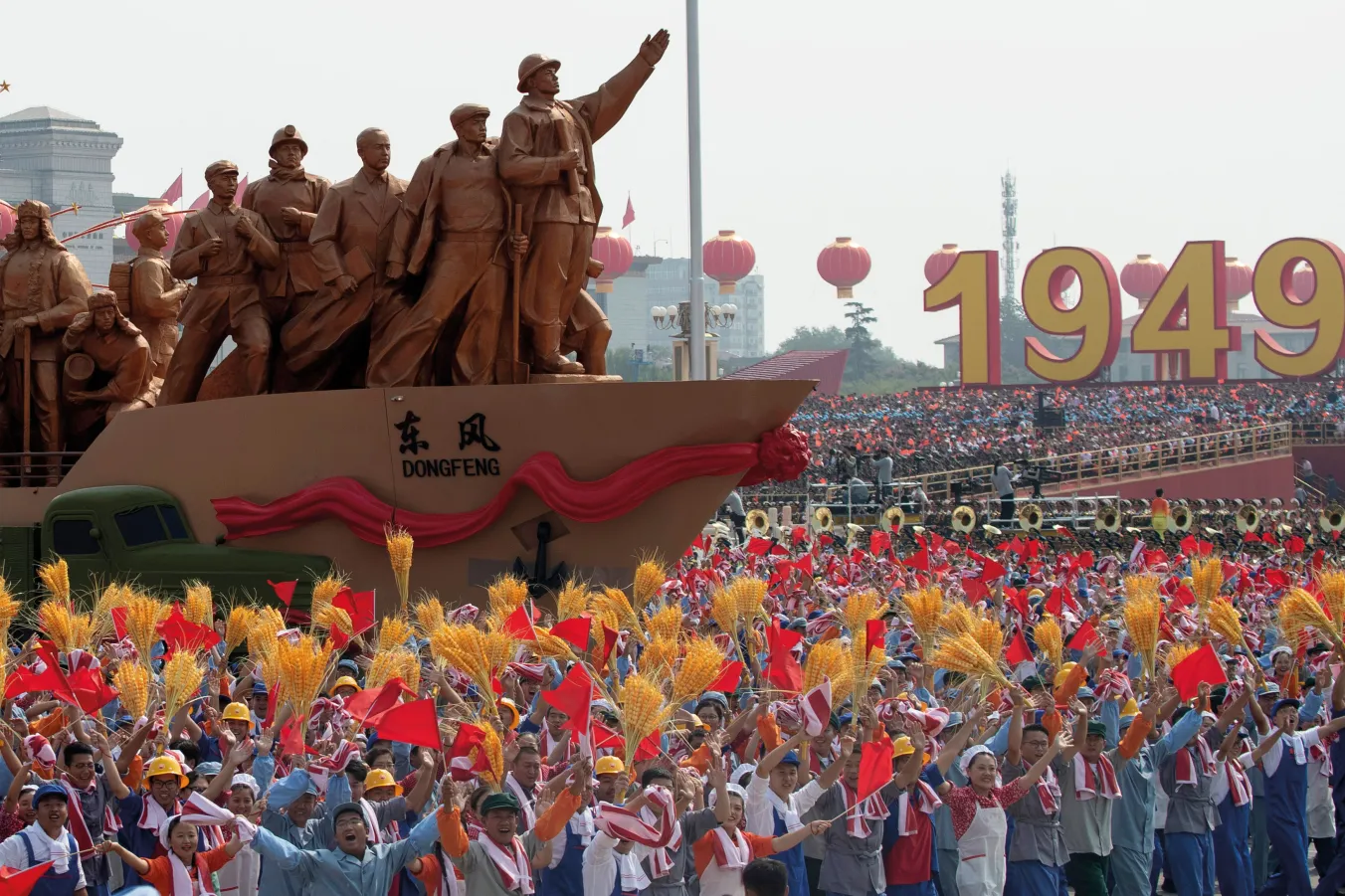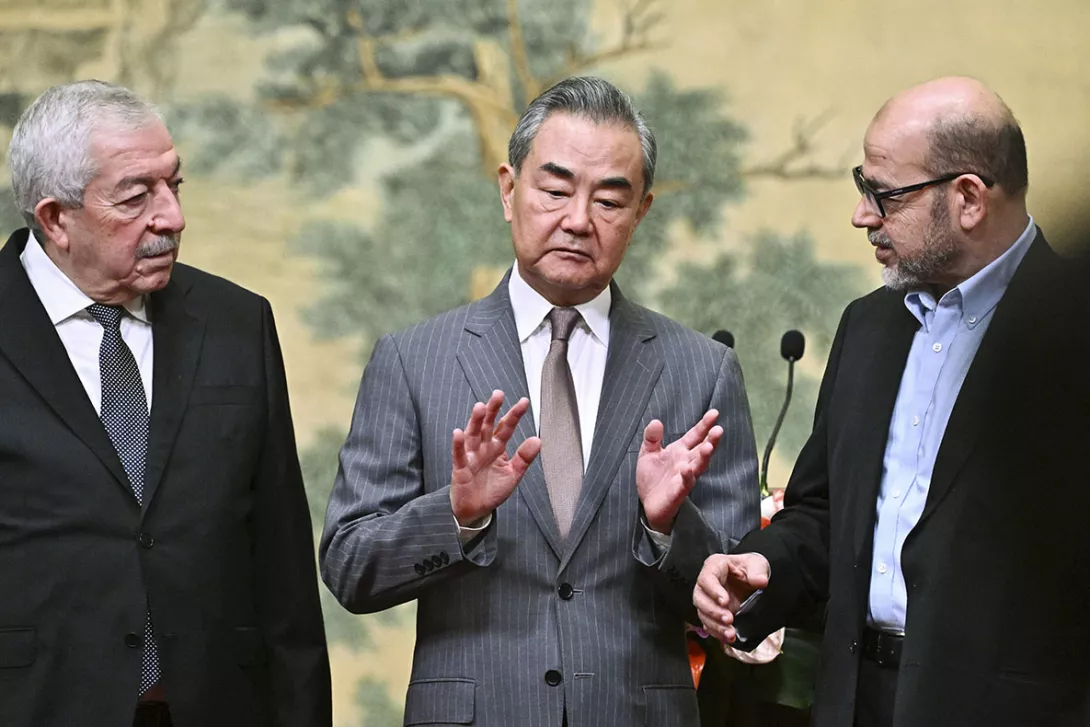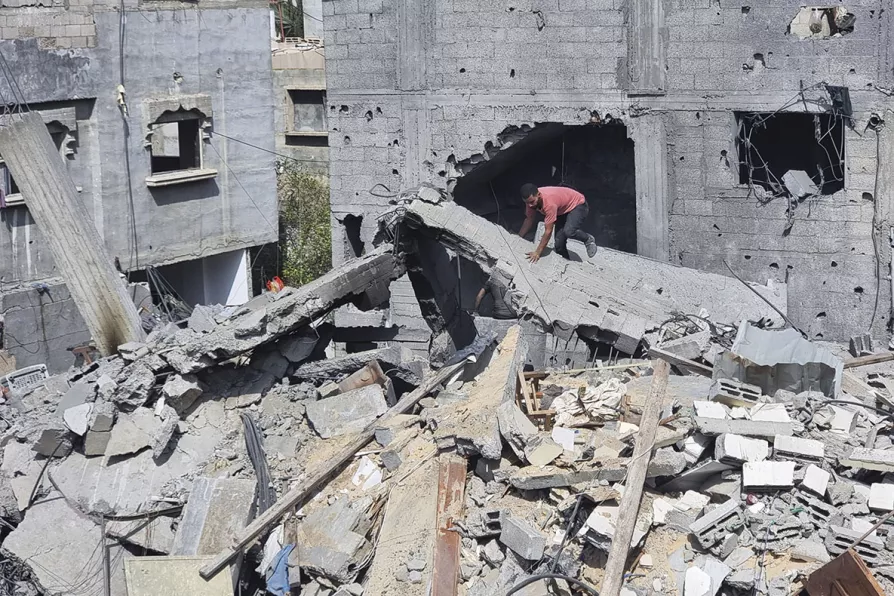The proxy war in Ukraine is heading to a denouement with the US and Russia dividing the spoils while the European powers stand bewildered by events they have been wilfully blind to, says KEVIN OVENDEN
China’s record is one of solidarity with Palestine
DIRK NIMMEGEERS asks why Western activists rarely draw attention to the Chinese government’s efforts to promote Palestinian unity, shield their right to resist occupation and press for establishment of a truly sovereign Palestine

DEMONSTRATIONS, debates and meetings on Gaza are generally of good quality.
Organisations and media outlets courageously go against the tide. It is therefore disappointing that in the campaign there is a deafening silence about China and its principles, proposals and actions.
For example, in debates in Belgium this summer, there was only a very brief mention of Beijing’s diplomatic tour de force uniting the 14 largest Palestinian resistance organisations around a declaration and programme of internal reconciliation. If nobody in the audience had asked about the Beijing Declaration, the panellists themselves would not have mentioned it.
More from this author
DIRK NIMMEGEERS takes a look the changes made this month to China’s constitution and the effect they will have on the Communist Party
Similar stories

Despite relentless hostility, the People’s Republic of China has lifted millions out of poverty, and become a global leader in innovation and climate action, while pursuing peaceful development in a multipolar world, writes CARLOS MARTINEZ

The first task of the resistance is to prevent the attack on Rafah and end the genocide. However, soon thereafter, the political malaise that has befallen the Palestinian people must be overcome, writes VIJAY PRASHAD











